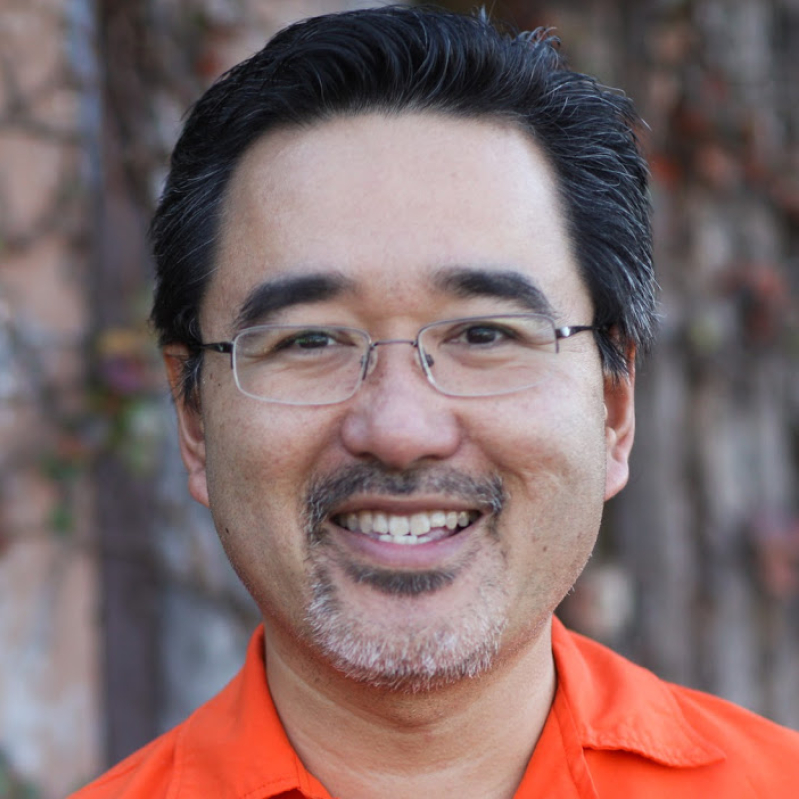
This past weekend was a tragic one for my home church. I was deeply saddened by the sad and tragic news of Pastor Rick Warren’s son Matthew dying by suicide after a life-long battle with mental illness and depression. According to one report published in the Christianity Today blog, Kay Warren, Pastor Rick’s wife and Matthew’s Mom, mentioned that “... our youngest child struggles with bipolar disease...”
I happen to attend Saddleback Church. And I went to the first worship service on the Saturday evening of that tragic news to be with our church body to weep and grieve together. At times like these, we pray earnestly for God’s strength and comfort for the Warren family. And, our prayers is that God would turn something bad like this into something good, as only God can do.
In the aftermath of this tragedy, perhaps this is an important time to better address the issues related to mental illness in our own church communities, especially among the Chinese and Asian American churches. Regardless of our ethnic or racial background, in our shared humanity, we have people in our midst that struggle with mental illness. We are not immune.
Our Asian cultural values for harmony and saving face too often avoid talking about difficult and uncomfortable issues. In our culture of shame, it’s easy to stigmatize those who struggle with mental illness and are in need of psychological help. (To be fair, this stigma is not only limited to Asian American churches, mainstream American churches are not known for addressing mental illness either.) According to the America Psychological Association, Asian American women over age 64 have the highest suicide rate of all racial groups. And, suicide was the 8th leading cause of death for Asian Americans, whereas it was the 11th leading cause of death for all racial groups combined.
This is a real problem. And your church and mine can be a vital part of the solution.
Let’s break the stigma and shame. Make our churches a safe place for people to come with all of their needs before the Great Physician, Jesus Christ. Does your church help and support people with their deepest needs: spiritual, physical, emotional, even psychological? While a typical church cannot do everything to help everyone, the church can provide a compassionate faith community that supports people through prayer and practical helps. Your church can be the social center that refers people to resources like counseling centers, that can more effectively help those with mental illness. Just as we see a doctor and take medication for physical illnesses, we must encourage and help those with mental illnesses to seek professional help for their well-being and the well-being of the community too.
The consequences of not treating mental illness are nothing short of tragic. Let’s end the needless suffering. Pray and help the brokenhearted. Honor the value and dignity of every person. “The Lord is close to the brokenhearted and saves those who are crushed in spirit.” (Psalm 34:18)
-----
DJ Chuang is a freelance strategy consultant with Ambassador Network. He hosts the Social Media Church podcast for conversations with church leaders about social media. He’s the editor of 2 books, Asian American Youth Ministry and Conversations: Asian American Evangelical Theologies in Formation. He is a graduate of Dallas Theological Seminary and Virginia Tech. He resides in Orange County, California, with his wife and teenage son.







